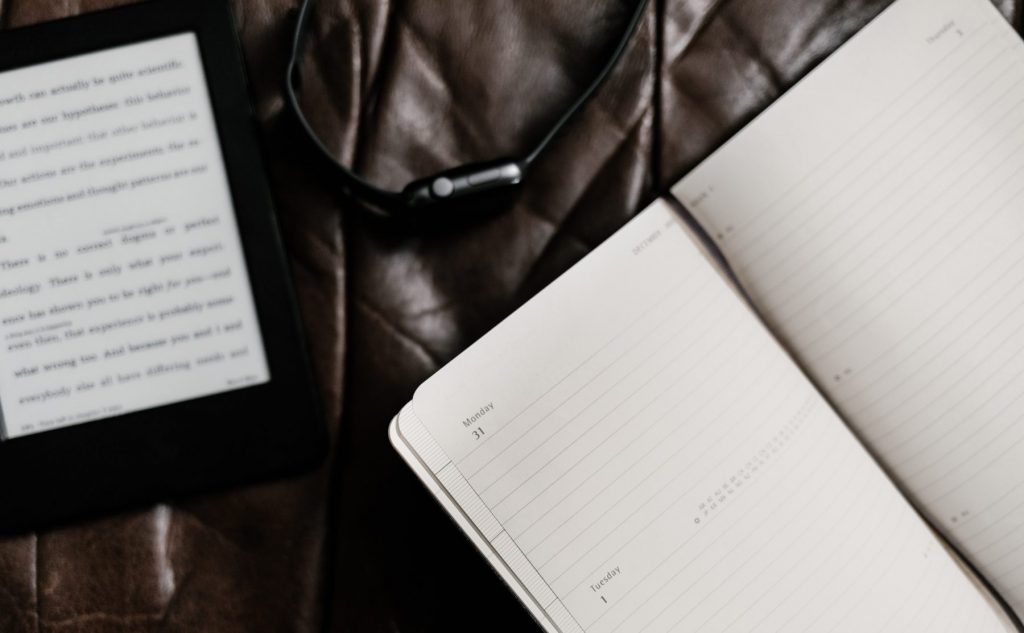What exactly are we supposed to be doing about Laylat Al-Qadr? The Qur’an describes Laylat Al-Qadr, aka the Night of Power as:
“…better than a thousand months. The angels and the Spirit descend therein by permission of their Lord for every matter. Peace it is until the emergence of dawn.” (Al-Qadr 97:3-5)
Any acts of worship – prayer, charity, reading Qur’an, etc. – we do on this special night are better than if we had done them every night for one thousand months.
The thing to really aim for is to have all your sins removed:
Whoever stands (in prayer) in Laylat Al-Qadr while nourishing his faith with self-evaluation, expecting reward from Allah, will have all of his previous sins forgiven.” -the Messenger as narrated by Abu Huraira (Bukhari and Muslim).
Laylat Al-Qadr is a great night of opportunity for every Muslim. Here’s how to reap some of the barakah (blessings) of the night.
1 – Find the Exact Night
First thing to do is try to best calculate the night Laylat Al-Qadr falls on, especially if you won’t be able to participate in all ten nights of increased worship.
The Night of Power falls on an odd-dated night on the Islamic calendar, as in Ramadan 21st, 23rd, 25th, 27th or 29th. Plan to make your supplications and other chosen acts of worship especially on those nights.
Read about the signs of Laylat-Al Qadr here.
2- Getting the Most Effect
If you can take time away from your regular schedule and dedicate yourself to these ten nights – do it!
I`tikaf – the practice of retreating to the mosque for focused worship – can be practiced for as little as one hour and ideally up to all ten days at the end of Ramadan. Spend as many nights as you can in i`tikaf, and for as many hours as you can. Now with mosques locked, you can still do it at home.
3 – How to Practice I`tikaf
– Be disciplined. Don’t dawdle, focus your energy and time on completely as many acts of worship from Taraweeh until you have your pre-dawn meal.
– After Taraweeh, recite Qur’an connecting to and pondering over its meaning, make your personal supplications as well as the du‘aa’ of Laylat Al-Qadr, and have sincere dialogue with Allah. Open yourself to Him honestly and fully.
– Take short breaks to hydrate yourself.
– Pray nafl salah – optional or extra prayers.
– Be sure to pray tahajjud before it is time for you to eat.
– Give charity. You can use an app or one of the many crowdfunding sources that are seeking charity during this blessed time.
– Be kind and on your best behavior all around.
*There is a special du‘aa’ to be said during the final ten days of Ramadan, with the hopes it will be said and answered on Laylat Al-Qadr.
Aisha, may Allah be pleased with her, said:
“I asked the Messenger of Allah: ‘O Messenger of Allah, if I know what night is the night of Qadr, what should I say during it?’ He said: ‘Say: O Allah, You are pardoning and You love to pardon, so pardon me.'”(Ahmad, Ibn Majah, & Tirmidhi).
In Arabic transliteration you can say:
Allahumma innaka `afuwwun tuhibbul `afwa fa`fu `annee”
If you are feeling overwhelmed about how to prepare for the Night of Power, at the very least:
4 – Make Your Ultimate Du‘aa’ List
What are the things you most want in life? Short term and long term. Reach big and far, why not?! That’s what prayers are about.
During the last ten nights of Ramadan, (especially the odd-dated days) pray sincerely for everything on your list, then do your part and take any steps you can to reach your goals.

5 -Let’s do it again!
Insha’Allah you will feel some of the elation of participating in the final ten days, hopefully on Laylat Al-Qadr too.
Give your future self a gift and be even better prepared to reap the benefits of the final ten days of next Ramadan. Plan big, and follow through on your end of the prayers you have made this Ramadan.

